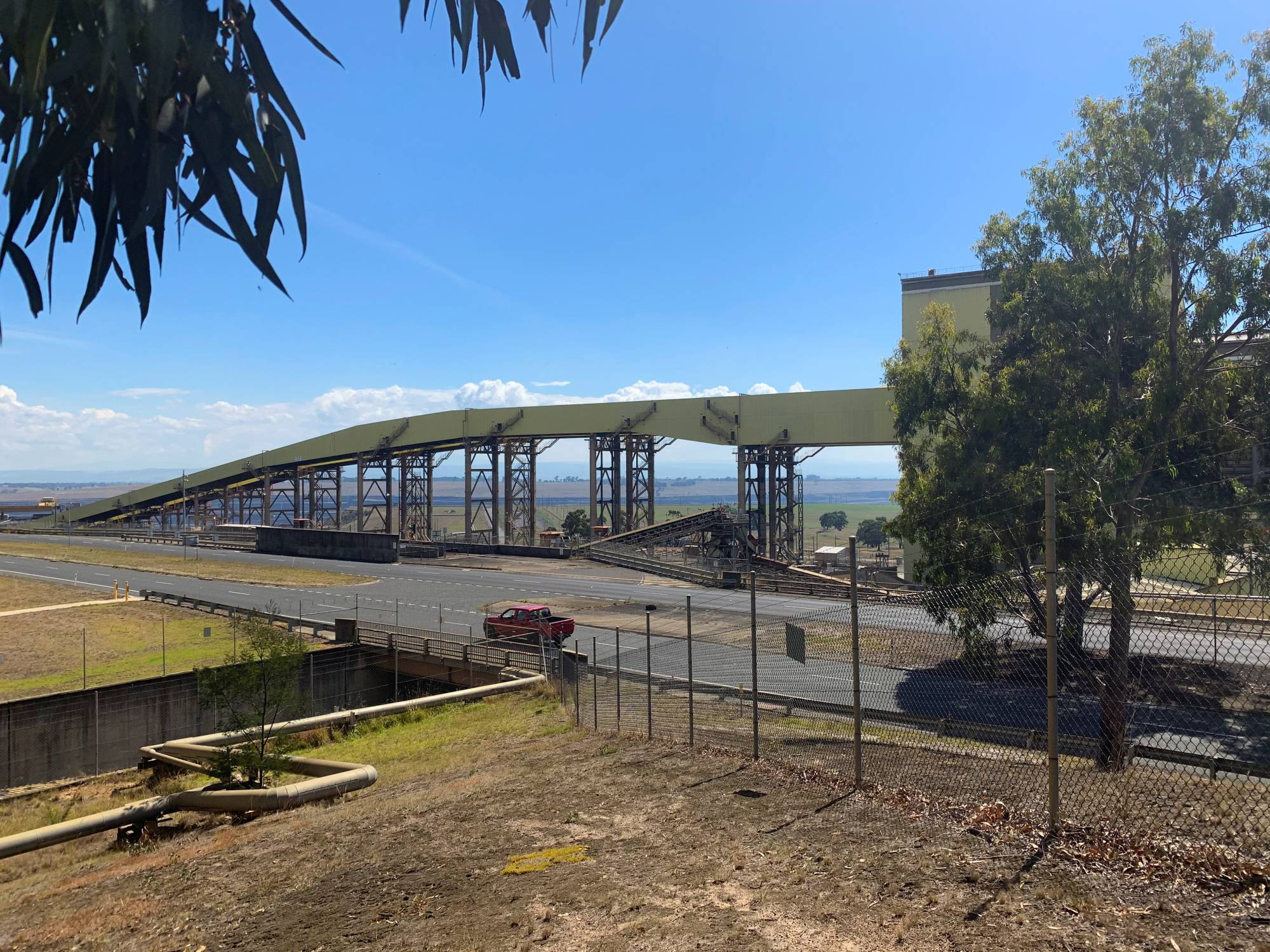Japan and the United Arab Emirates on Thursday agreed to work together on technology to produce hydrogen and create an international supply chain, Japan's industry ministry said.
The collaboration, marked by a memorandum of cooperation between the oil-producing UAE and energy-importer Japan, reflects mounting enthusiasm for investment in hydrogen, which offers potential to help fight climate change.
Japan's government set a goal in December to boost its annual hydrogen demand to 3 million metric tons by 2030, from about 2 million tons now, and to 20 million tons by 2050, as part of a green growth strategy to reach net zero carbon emissions by 2050.
The aim of Thursday's agreement is that Japan should be able to import hydrogen produced in the UAE, which may be produced from fossil fuel but whose emissions are captured and used in industry.
The two countries will also cooperate to boost hydrogen demand in the UAE.
Hydrogen, mostly extracted from natural gas or coal production, has long been used in applications ranging from rocket fuel to making fertilizers.
But as governments seek to address climate change, the goal is to shift to emissions-free green hydrogen produced using renewable power and to broaden its use to include replacing fossil fuel energy in industrial processes and using it as transport fuel. But there are still many hurdles involving cost and infrastructure.


















With your current subscription plan you can comment on stories. However, before writing your first comment, please create a display name in the Profile section of your subscriber account page.